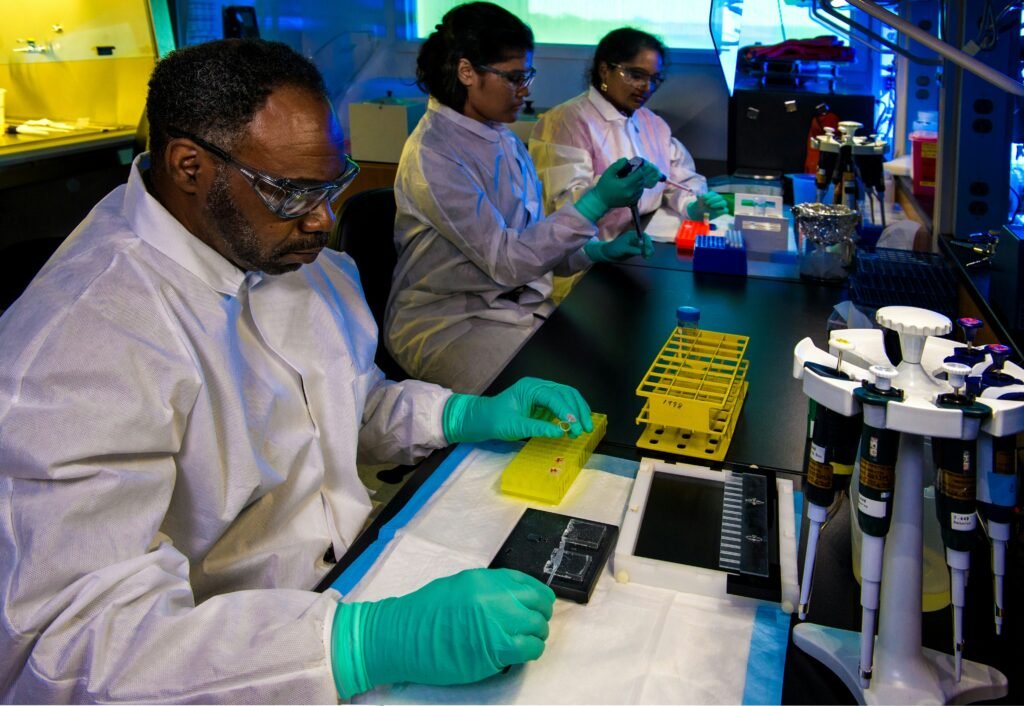Recent developments underscore innovation in rare diseases and artificial intelligence, reshaping treatment paradigms and accelerating drug development.
Recent developments underscore innovation in rare diseases and artificial intelligence, reshaping treatment paradigms and accelerating drug development.

Rare Disease Advances Gain Momentum
The rare disease space continues to attract attention as companies report substantive progress in pipeline development. BioNova Therapeutics announced positive Phase 2 data from their gene therapy candidate for Duchenne muscular dystrophy (DMD), showing sustained functional improvement and safety over one year. Meanwhile, Horizon Pharma unveiled plans for a global Phase 3 trial evaluating a novel enzyme replacement therapy targeting Fabry disease.
These developments reflect a broader industry trend towards precision medicine solutions for underserved patient populations, supported by growing regulatory incentives worldwide.
AI Integration Enhances Early-Stage Research
Artificial intelligence tools are increasingly embedded in the early phases of drug discovery, enabling rapid identification of novel targets and optimization of lead compounds. Startups such as NeuralPath and SynBio AI announced collaborations with established pharma firms to create AI-driven platforms that expedite candidate screening and predict clinical trial outcomes with improved accuracy, reducing costly late-stage failures.
The pairing of AI capabilities with advanced biological datasets represents a paradigm shift, fostering more efficient and targeted therapeutic development.
Regulatory and Market Implications
Regulatory bodies worldwide remain focused on streamlining approval pathways for innovative therapies, especially in rare diseases and AI-augmented drug development. The FDA recently issued draft guidance on AI transparency in clinical trial data analysis, encouraging adoption while emphasizing patient safety and data integrity.
Market analysts highlight these regulatory advancements as pivotal for accelerating patient access and encouraging investment in emerging technologies. Ongoing policy evolution is expected to reduce time-to-market and stimulate competition.
Educational Initiatives and Talent Development
To address workforce demands in biotech and AI-enabled pharma sectors, several partnerships have launched training programs combining computational biology, regulatory science, and clinical trial management. Universities like MIT and UCSF have expanded curricula focused on integrating AI into drug development, preparing the next generation of scientists and professionals.
Such initiatives aim to sustain innovation momentum and meet the complex demands of modern therapeutics development.
Keep in touch with our news & offers